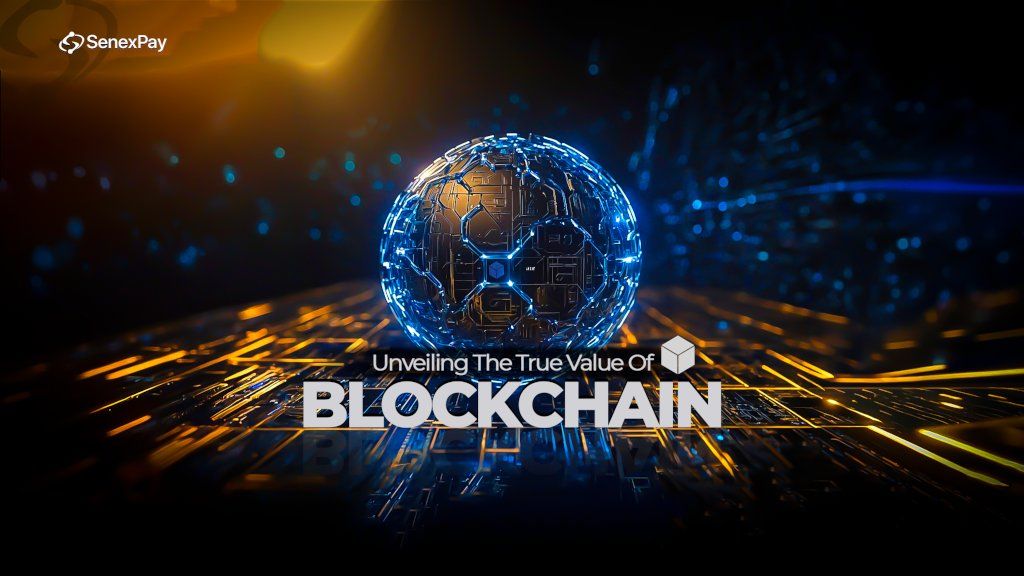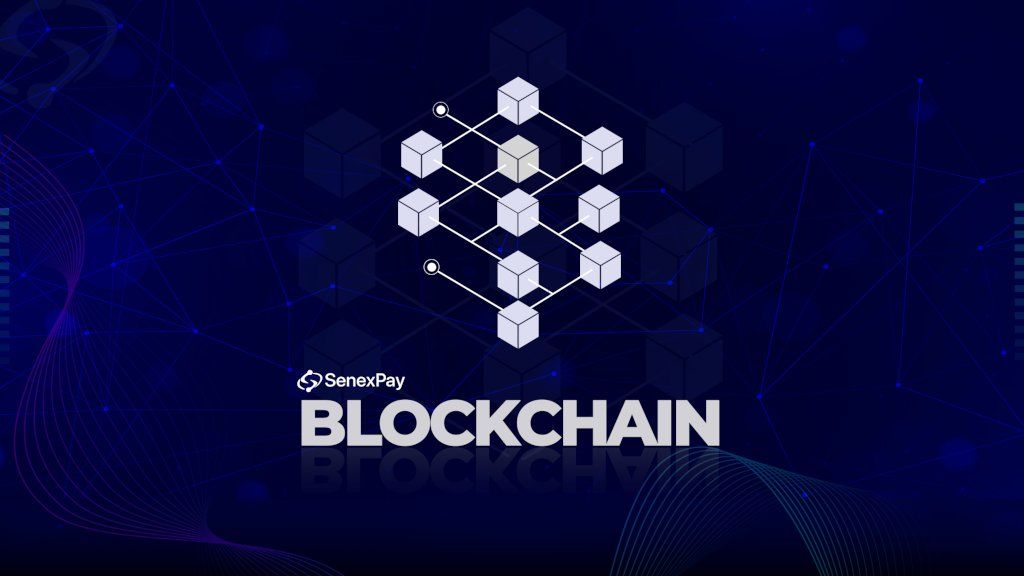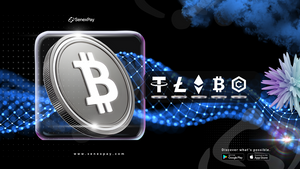Blockchain technology has captured the public imagination, often associated with cryptocurrencies like Bitcoin. However, its potential extends far beyond the financial industry, offering a revolutionary approach to data management and trust building across diverse sectors. This blog post dives into the core value proposition of blockchain, exploring how it can transform various aspects of our world.
1. Enhanced Security and Transparency:
At its core, blockchain shines through its immutability (the state or condition of being unchangeable). Transactions are permanently recorded in chronologically linked blocks, secured by cryptography. This makes it virtually impossible to alter or tamper with data, fostering trust and transparency in a system where participants don't necessarily need to know or trust each other. This inherent security makes blockchain ideal for applications like:
- Supply chain management: Track the origin and movement of goods, ensuring authenticity and preventing counterfeiting.
- Voting systems: Increase voter confidence by creating secure and transparent voting processes.
- Medical records management: Securely store and share medical data while maintaining patient privacy.
2. Decentralization and Empowered Individuals:
Unlike traditional systems often controlled by centralized authorities, blockchain operates on a decentralized network. This means no single entity governs the system, promoting democratization and increased control for individuals over their data and assets. This empowers individuals in various ways, including:
- Financial inclusion: Provide access to financial services for the unbanked population through decentralized finance (DeFi) applications.
- Data ownership: Individuals can regain control over their personal data and decide how it is shared or used.
- Reduced reliance on intermediaries: Eliminate the need for trusted third parties in various transactions, potentially lowering costs and increasing efficiency.
3. Streamlined Processes and Automation:
The automation capabilities of blockchain unlock a new level of efficiency and automation in various processes. Smart contracts, self-executing agreements stored on the blockchain, eliminate the need for manual verification and paperwork, streamlining processes across industries, such as:
- Supply chain logistics: Automate payments and trigger actions based on pre-defined conditions, ensuring smooth and efficient logistics operations.
- Insurance claims: Automate claim processing based on predetermined criteria, reducing processing times and costs.
- Escrow services: Securely hold and release funds upon fulfillment of agreed-upon conditions, streamlining transactions and fostering trust between parties.
4. Building a Future of Trust and Innovation:
While still evolving, blockchain presents a paradigm shift in managing data, building trust, and conducting transactions. Its potential to revolutionize industries, empower individuals, and foster innovation is undeniable. As we move towards a more interconnected and digital world, blockchain can play a crucial role in shaping a future built on transparency, security, and collaboration.
NB -
However, the inherent value proposition of blockchain remains undeniable. As we continue to explore its capabilities and address existing challenges, blockchain has the potential to transform various aspects of our lives and create a more secure, transparent, and efficient future.
- Blockchain technology is still in its early stages of development, and its full potential is yet to be fully realized.
- There are challenges and limitations to be addressed, including scalability, energy consumption, and regulatory frameworks.









